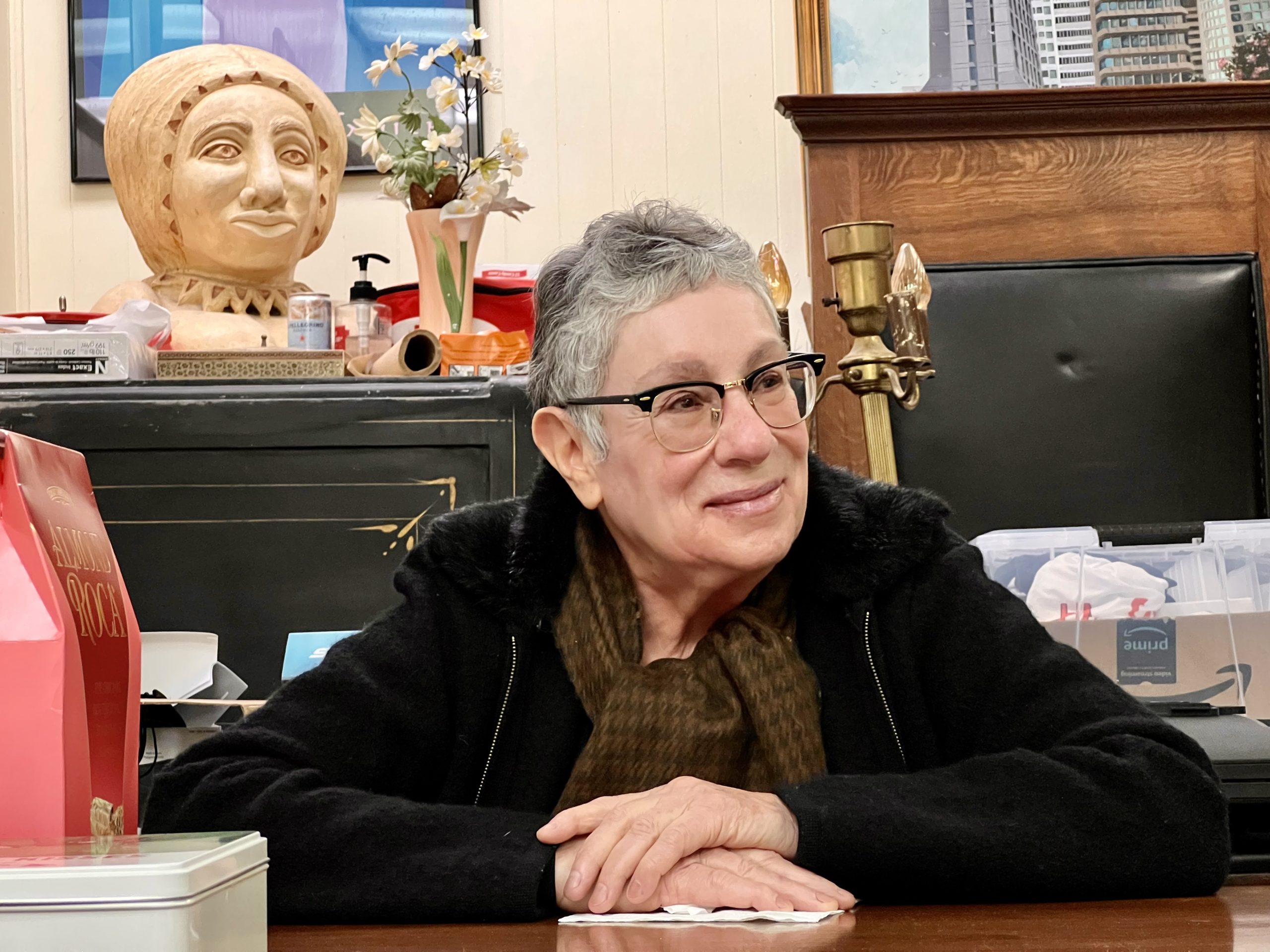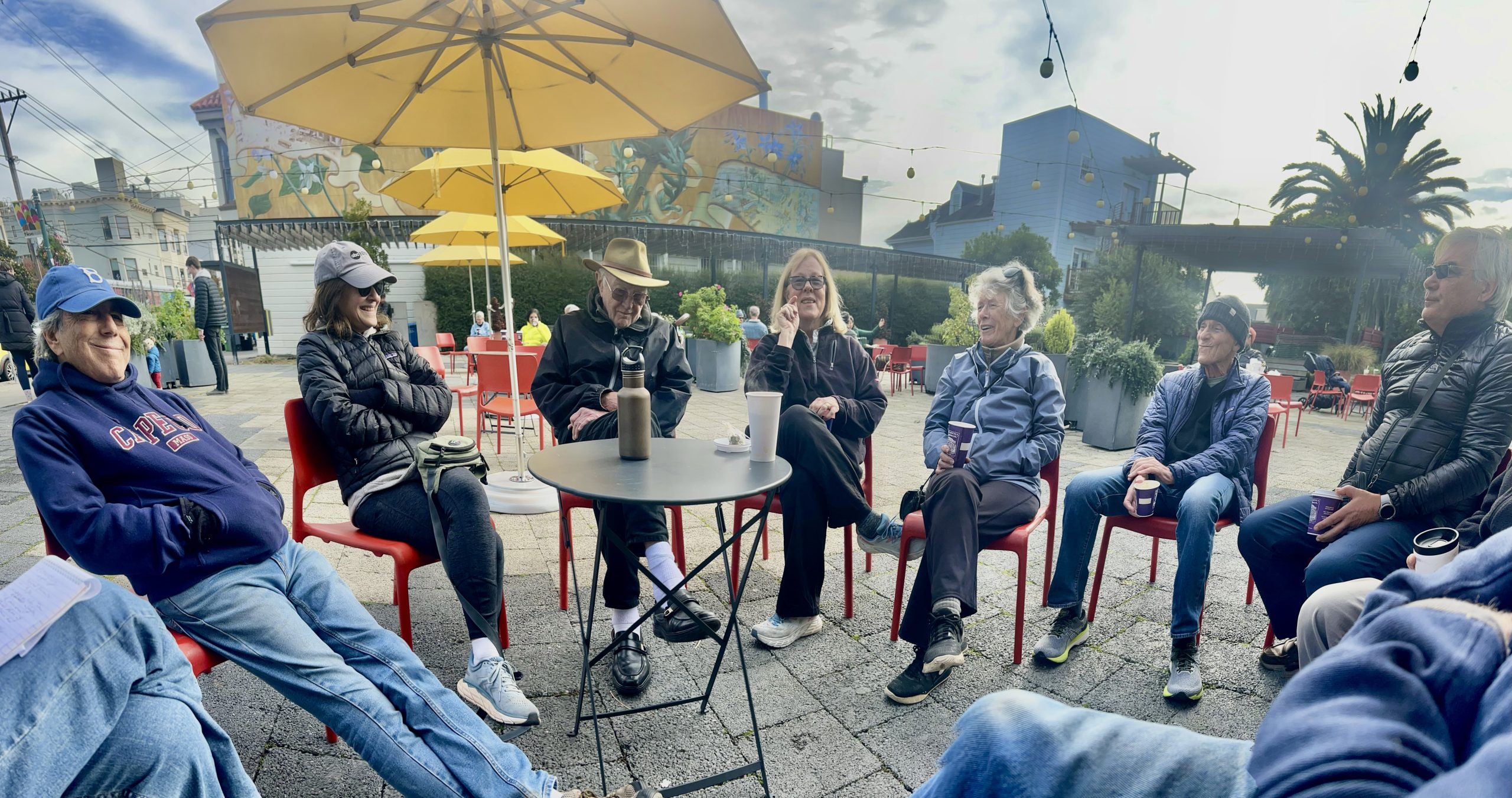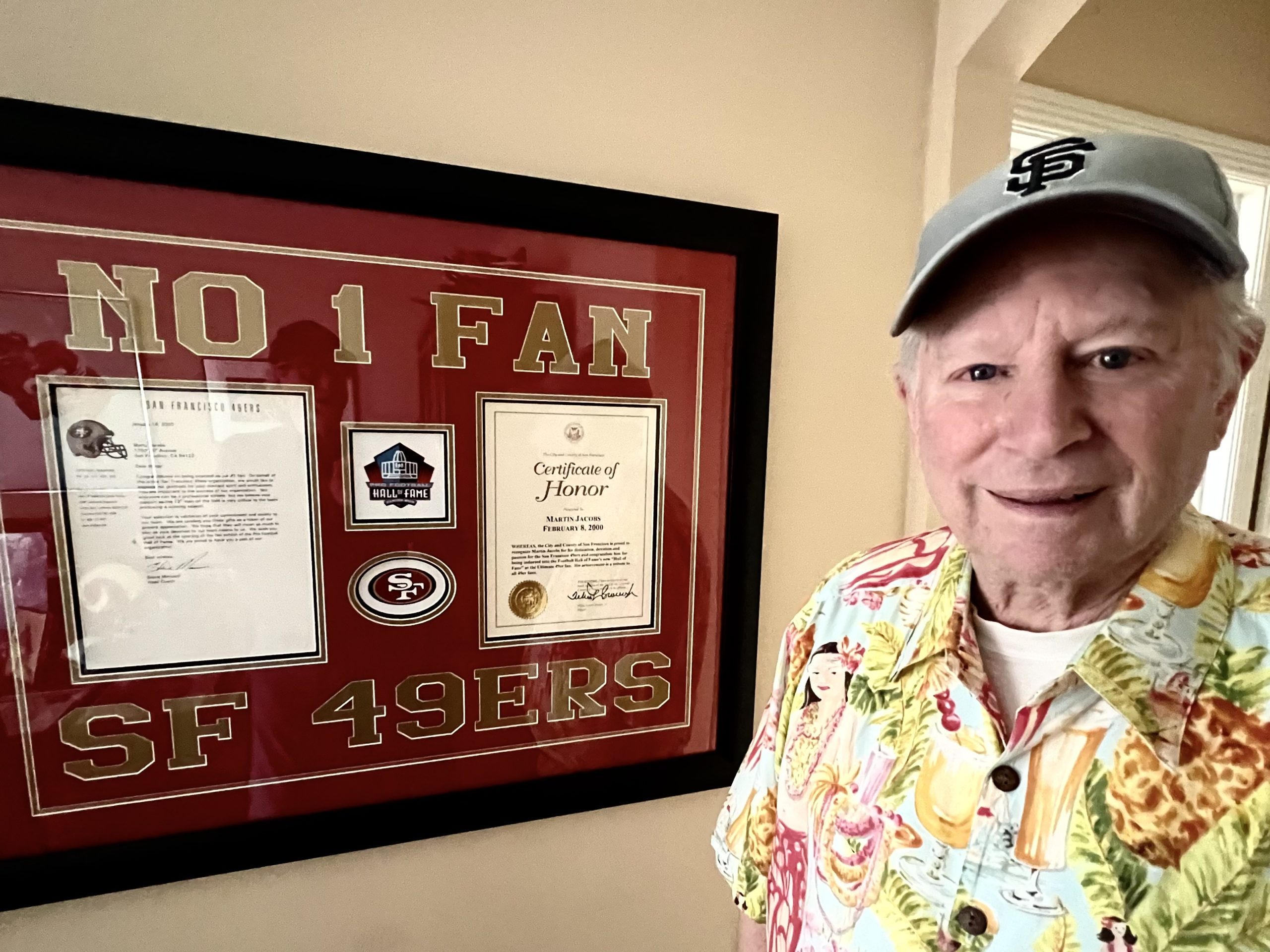A quintessential American success story: from juvenile addiction and jail to some of San Francisco’s most influential offices
Most longtime San Franciscans remember Bill Maher as a controversial city leader who was a twice-elected president of the school board, a three-term supervisor and then executive director of Parking and Traffic along with other high-profile roles.
For the last 11 years. Maher has been the senior advisor to the Executive Director of the San Francisco Airport.
It’s a career that belies a back story of youthful self-destruction. But it’s also a story of perseverance and fortunate connections that fueled an unlikely transformation.

“Starting out at age 14, I was a heroin addict living in New York and Boston. I was arrested 40 or 50 times for auto theft, petty theft, assaulting a police officer, drug sales, bail jumping,” said Maher, now 75. “I eventually went before a judge who grew to like me. He didn’t want to send me to prison, but the minimum sentence he could give me was 10 to 20 years.
Maher, who had previously been jailed in the Tombs in Manhattan and Kew Gardens and Rikers Island in Queens, didn’t to go back to jail either.
The Boston judge gave 10-20, he said, but suspended the sentence, ordered him to go into drug rehab in San Francisco, along with “five years’ probation on condition that I would never return to Boston.”
“My brother, John, had just started Delancey Street Foundation four months earlier,” he said. “He rigged up some letterhead and offered to take me.”
Delancey Street has been in operation since 1971, offering job training along with housing for substance abusers, former felons, and others who have hit bottom. It was a new model for rehabilitation, emphasizing “moral restitution,” where the offender pledges to sobriety as well as earning his way back into civil society through on-the-job service, skills training and academic education.
It’s who you know
Maher worked there seven years, using organizational skills he’d developed while volunteering in New York at the Congress of Racial Equality and the Student Nonviolent Coordinating Committee.
“I was in effect a senior manager, although we rarely used titles,” he said.
He helped build and fund the operation, creating the Delancy Street moving company, construction company and federal credit union. He gained the interest and support of Mayor Willie Brown and other city leaders. He was also establishing a fresh reputation for himself.
In a quandary about his next pursuit, he decided on the law. Despite no high school diploma – he dropped out in 10th grade – or undergraduate college credits, he passed the law school admission test with high marks.
Then, he made his Delancey Street work work for him.
“I started sending out messages to everyone, got recommendations from Willie Brown and other high-profile folks who knew me and my work at Delancey Street,” he said. “Then I got a call from an exhausted dean of admissions who said, `OK, you’re in; no more letters of recommendation, OK?’
Maher graduated from the University of San Francisco’s law school in 1977 and that summer passed the California State Bar examination. Instead of practicing law, he focused on tackling what he saw as an inadequate education system and became part of the city’s seven-member school board. He was twice elected board president.
A focus on education
“I realized how uneducated our people were and that so many public-school students were not getting a real education,” said Maher, who had set up education programs at Delancey Street. “The results of that were clearly seen in our jail and prison populations. That’s where we got most of our folks from.”
One of the big trends at the time – one he opposed – was the proliferation of charter schools, which threatened to reduce funding to public schools.
In the face of increasing hate crimes against gay residents, Maher helped the Alice B. Toklas LGBTQ Democratic Club implement the Gay Speakers Bureau. “The goal was to “humanize the opposition, stop stigmatizing, and reduce hate crime,” Maher said, by having gay speakers talk to students about themselves and controversial issues.
That pragmatism continued throughout his career.
“My focus was always on how to run the City more efficiently. I am not particularly ideological,” he said. “I was and remain a Centrist Democrat. I won the Democratic endorsement in all five elections and the Republican endorsement in three of those five as well.
Although Maher was reluctant to weigh in on current city issues, he did express cynicism about the ability to remove drug addicts from the homeless population. “Certain people are always looking to put a needle in their arm no matter what,” he said, “and they will play the system.”
And as for national politics?
“As my friend, Diane Feinstein used to say, `You fly the plane from the middle of the fuselage, not the wing tips.’ We seem to presently be trying to fly the plane from the wing tips in this country,” Maher said of the far left and far right. Both of them, I doubt, will end well.”
The Maher Ordinance
As a three-term supervisor, Maher prevailed in making the Maher Ordinance a law forcing the cleanup or management of current or historical areas where industrial waste and chemicals may have been contained in underground tanks or used in filling former Bay, marsh, or creek areas. Today, all developers requesting permits are required to first show that their site is toxin-free.
That same year, 1986, he sponsored – and voters approved – a ballot measure to stop any hi-rise construction that would block sunlight from adjacent, community parks.
These days he goes to a lot of airport meetings, observes a lot and reports what he sees. Topics range from personnel and hiring, planning to event proposals and workforce consensus building.
He’s going to retire in June but has no big plans.
“I never planned my life, and I never had any significant expectations for it, although I have lived far longer than I had expected.”
A visit to family in New York is on his agenda. Maher was born in the New York’s South Bronx and has four siblings. His father was an electrician and his mother, a phone operator. He describes his upbringing as “quite poor but not quite starving.”
As for his personal life, he said, “Not particularly successful in matrimony: three marriages, three children.”
Now single, he spends most of his time renovating his Lower Haight home. Other than that — lots of hiking and thinking, he said.





